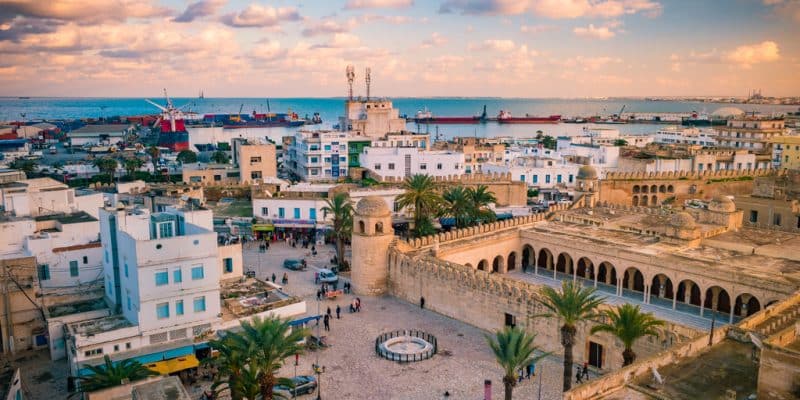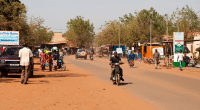As part of their Annual Investment Programme (AIP), nine municipalities in Tunisia have implemented energy and climate projects. These local initiatives were recently awarded by the National Agency for Energy Management (ANME), which supports sustainability in the territories of this North African country.
The energy transition is in full swing in Tunisia and the cities seem to be following suit. It is in this context that the Alliance of Municipalities for Energy Transition (ACTE) recently rewarded nine Tunisian municipalities for the sustainability of their energy and climate projects. The municipalities of Sfax, Sousse, Kairouan, Nabeul, Bizerte, Médenine, Hammam-Lif, Douz and Kef were awarded the “Acte” label, organised in partnership with the Swiss government’s State Secretariat for Economic Affairs (SECO).
Among the initiatives rewarded by Acte, there is the project to supply administrative buildings with photovoltaic solar energy, led by the municipality of Bizerte, the project to electrify the vehicle fleet in Nabeul, and the implementation of a technology designed to provide information on the climate in the city of Sfax.
These projects will receive technical and financial support from theFund for loans and support for local authorities (CPSCL), the French Agency for Ecological Transition (ADEME), the United Nations Development Programme (UNDP), the German Agency for International Cooperation (GIZ) and the Energy Transition Fund (ETF) created in 2013 by the Tunisian government.
Building sustainable cities
Launched in 201, the Acte programme is implemented by the National Agency for Energy Management (ANME) in Tunisia. “We encourage the rationalisation of communal energy consumption, while at the same time stimulating a virtuous local dynamic, which engages local actors in the ecological transition of the territory,” says the agency based in the capital Tunis.
Lire aussi-AFRICA: Ecological transition at the heart of the International CSR Forum in Tunisia
Moreover, ANME is currently preparing a call for expressions of interest with a view to further facilitating access to financing for sustainable communal projects from 2023. This initiative comes in addition to the Guide for eco-construction and sustainable mobility, a concept set up by Acte with the support of the Training and Support Centre for Decentralisation (CFAD), several initiatives such as the
Benoit-Ivan Wansi







